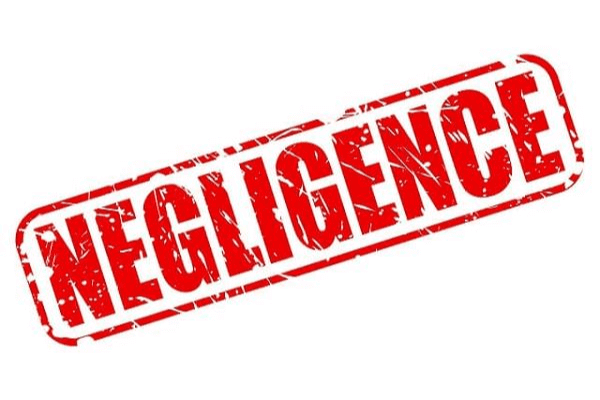
The following blog article was updated in January 2022.
Personal Injury Attorneys Fighting for Victims of Landlord Negligence across Washington
As a renter, you expect that your landlord will keep the property you rent safe. While this is the case for most, there are instances where tenants may suffer catastrophic injuries because the landlord failed to maintain the property.
Determining liability in an accident on a rented property is not always easy. While you might assume that your landlord is responsible, there may be other parties at fault, and proving the personal injury case is complicated.
Understanding the Landlord’s Duty to Tenants
The primary principle that can hold a landlord responsible for your injuries is referred to as “negligence.” Negligence is a legal theory that holds those responsible for unintentional harm that they cause to others.
You must prove negligence to hold a person liable. To do so, you must show that the landlord breached the duty owed to the tenant. The duty is the reasonable standard of care required based on the circumstances. If you are injured because the owner failed to fulfill his or her duty, you may have a viable claim.
The Standard of Care is Not Always Clear
The standard of care is what is measured against the landlord’s actions (or lack thereof) to decide if that owner was negligent. It refers to the amount of care or caution that a reasonable person would exercise in a similar situation. If the landlord does not meet the standard for that situation, and you are injured, then the courts would consider the landlord negligent; he or she could then be held financially liable for your injuries.
Assessing a Landlord’s Standard of Care
The landlord’s level of care might vary, but in general, he or she should keep the property reasonably safe and the conditions sanitary. To determine if it was reasonable, the courts would look at:
- What the average landlord is responsible for in a similar situation;
- Whether the landlord exercised some level of care.
The Negligence Per Se Theory Might Apply to Your Case, Too
When there are laws in place to protect tenants, and the landlord violates those laws, then the landlord is negligent without the need to prove that he or she violated a reasonable standard. This is referred to as negligence per se because all that the tenant must show is that the landlord violated the law, rather than determining the violation of some standard.
For example, say a landlord failed to install smoke alarms. in most states, landlords are required to install smoke detectors, but the tenants are required to maintain the smoke detectors. Also, owners are required by the Washington State Department of Health to install carbon monoxide alarms.
If the landlord does not install them in accordance with the law, and the tenant is harmed, the landlord could be considered negligent per se. However, if the tenant fails to maintain the smoke alarms, but the landlord did install them, this theory would not apply.
Injured on a Rental Property? It is Best to Contact a Personal Injury Attorney
After a serious injury, it is hard to identify who may be liable for your injuries. To protect your rights and ensure that you receive compensation, contact the personal injury and premises liability lawyers at Brett McCandlis Brown & Conner, PLLC. Book your free consultation now at 800-925-1875 or contact us online.


